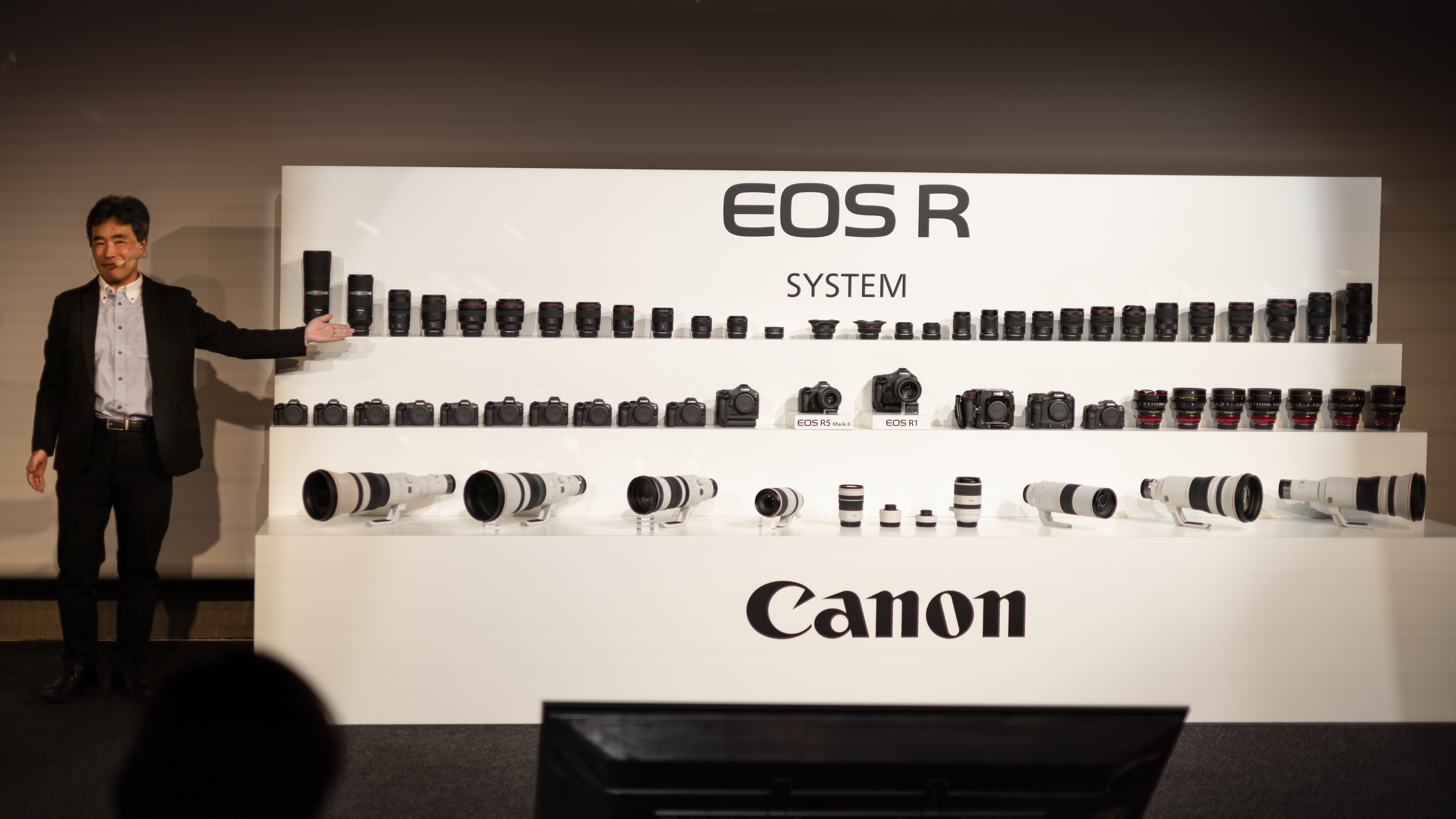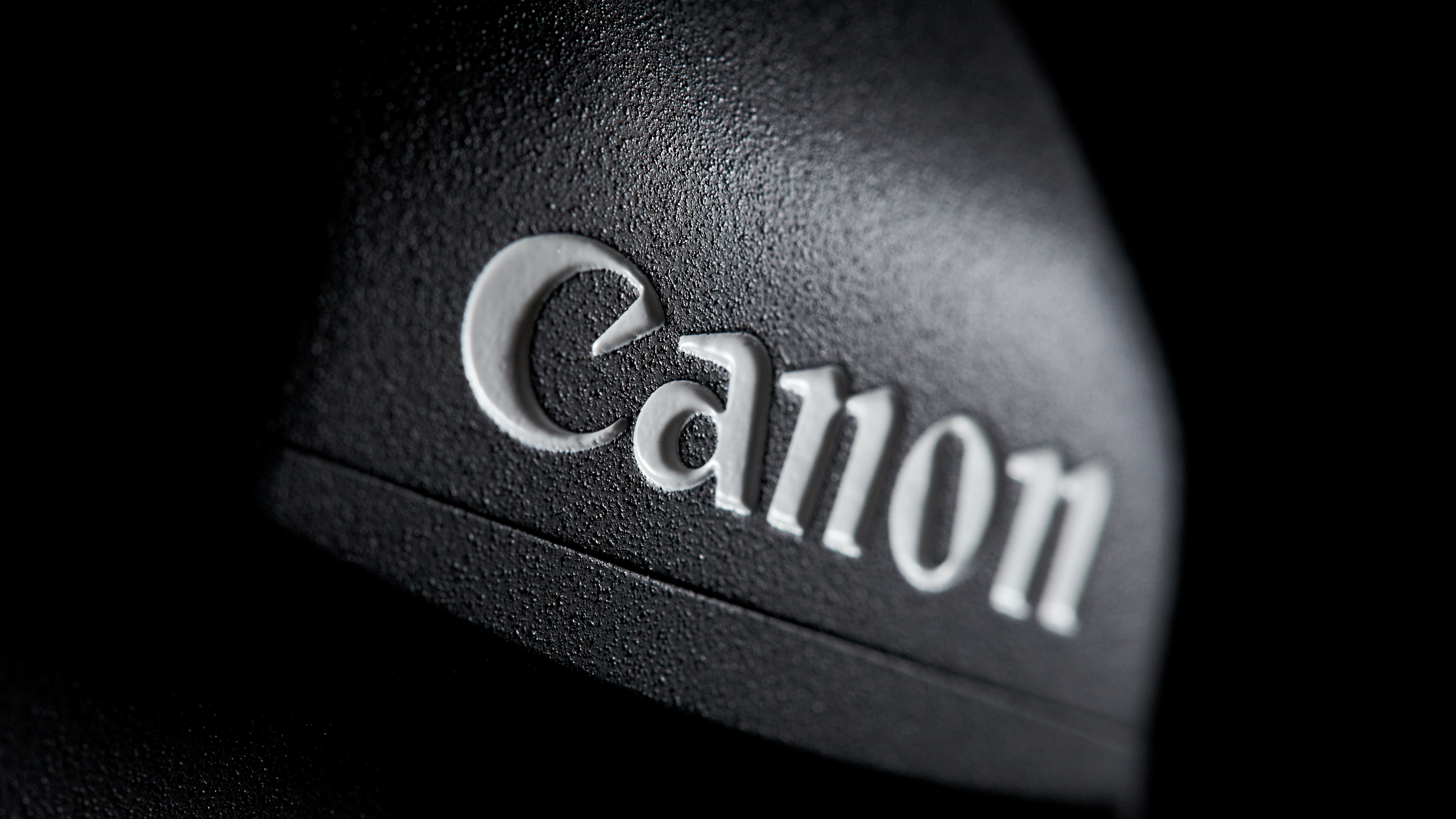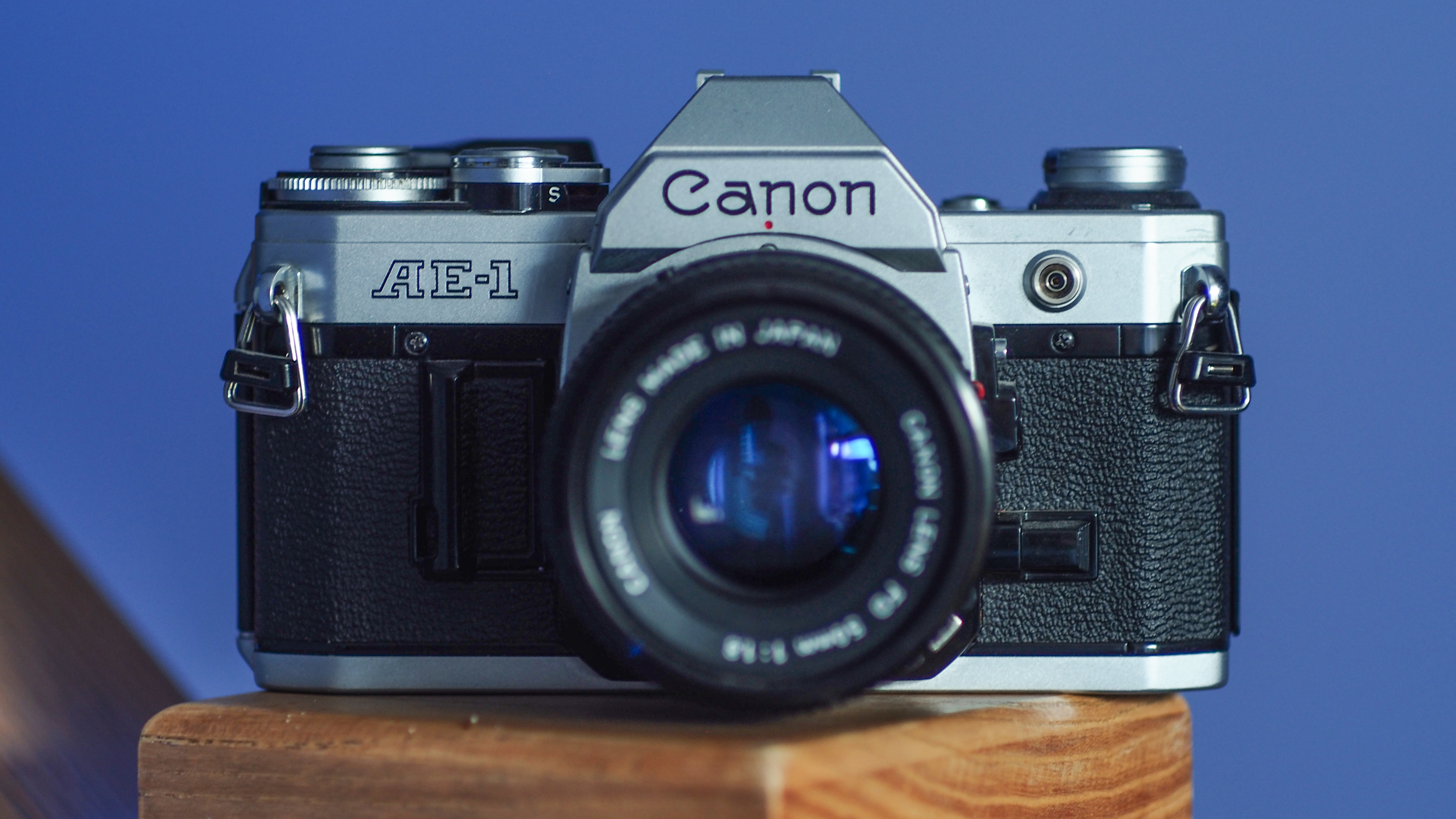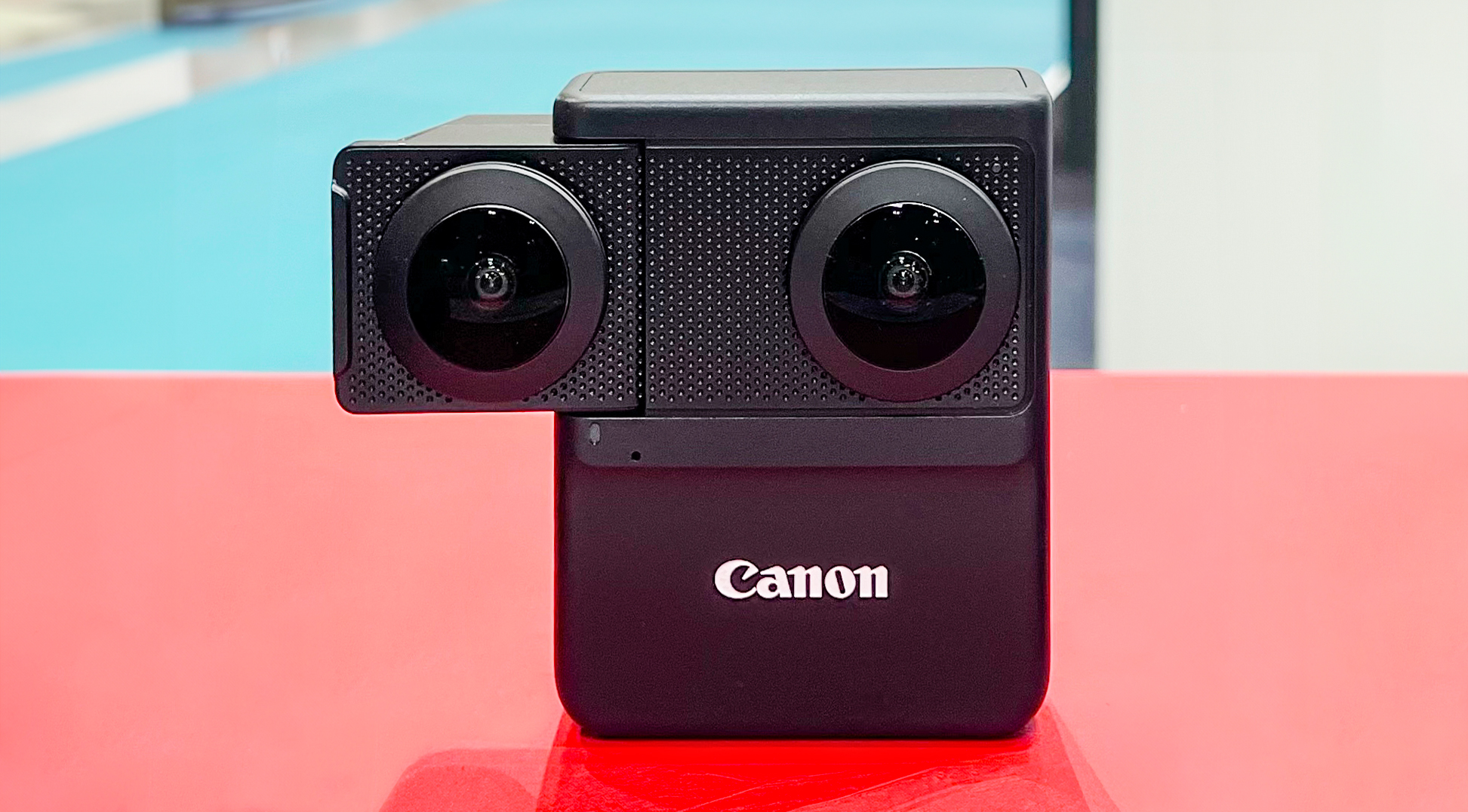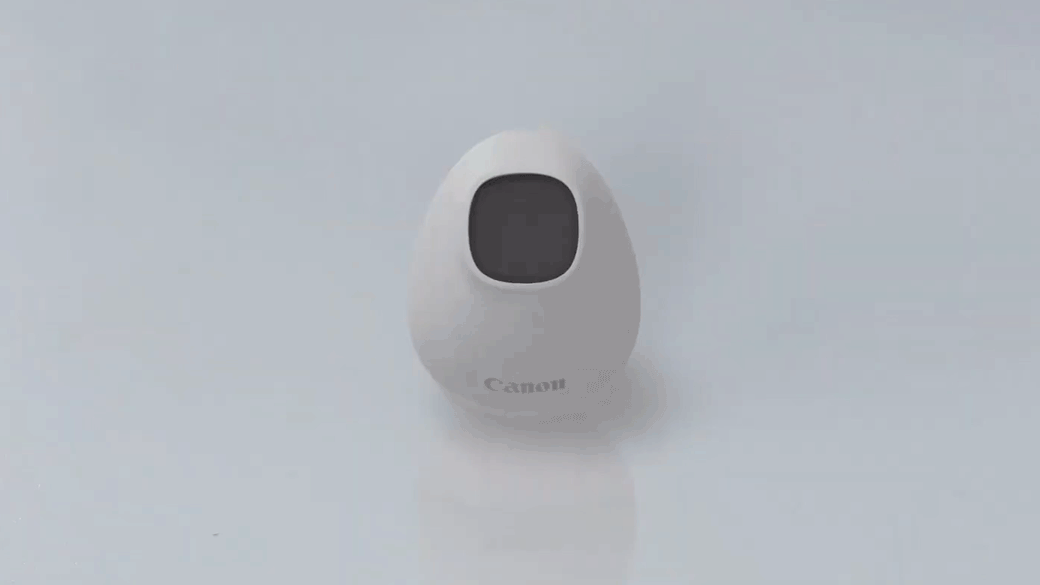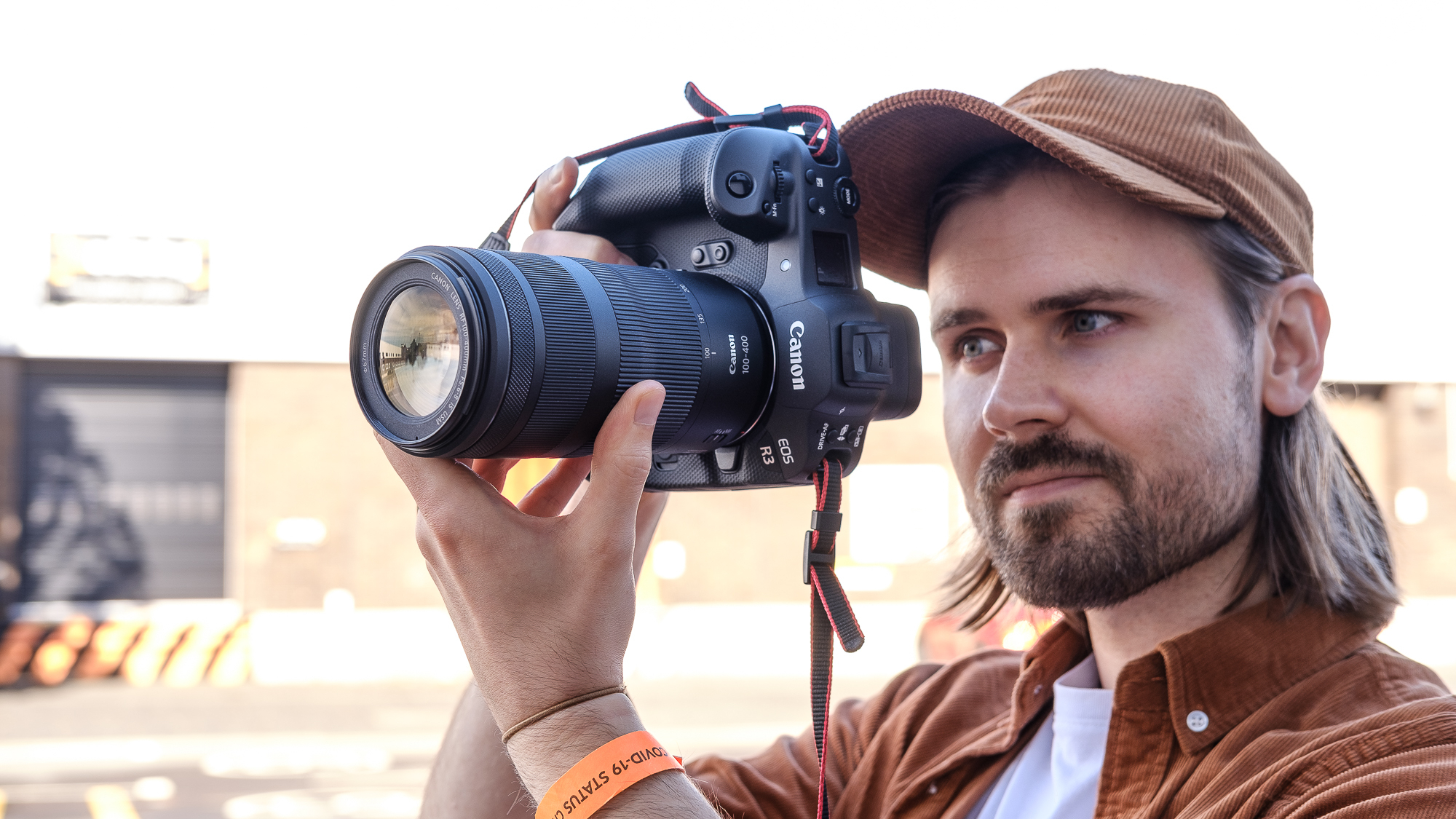Camera rumors in 2025: what cameras are coming, officially and otherwise!
The camera rumors are flying thick and fast! Here are the most credible rumblings and reports about what's coming next
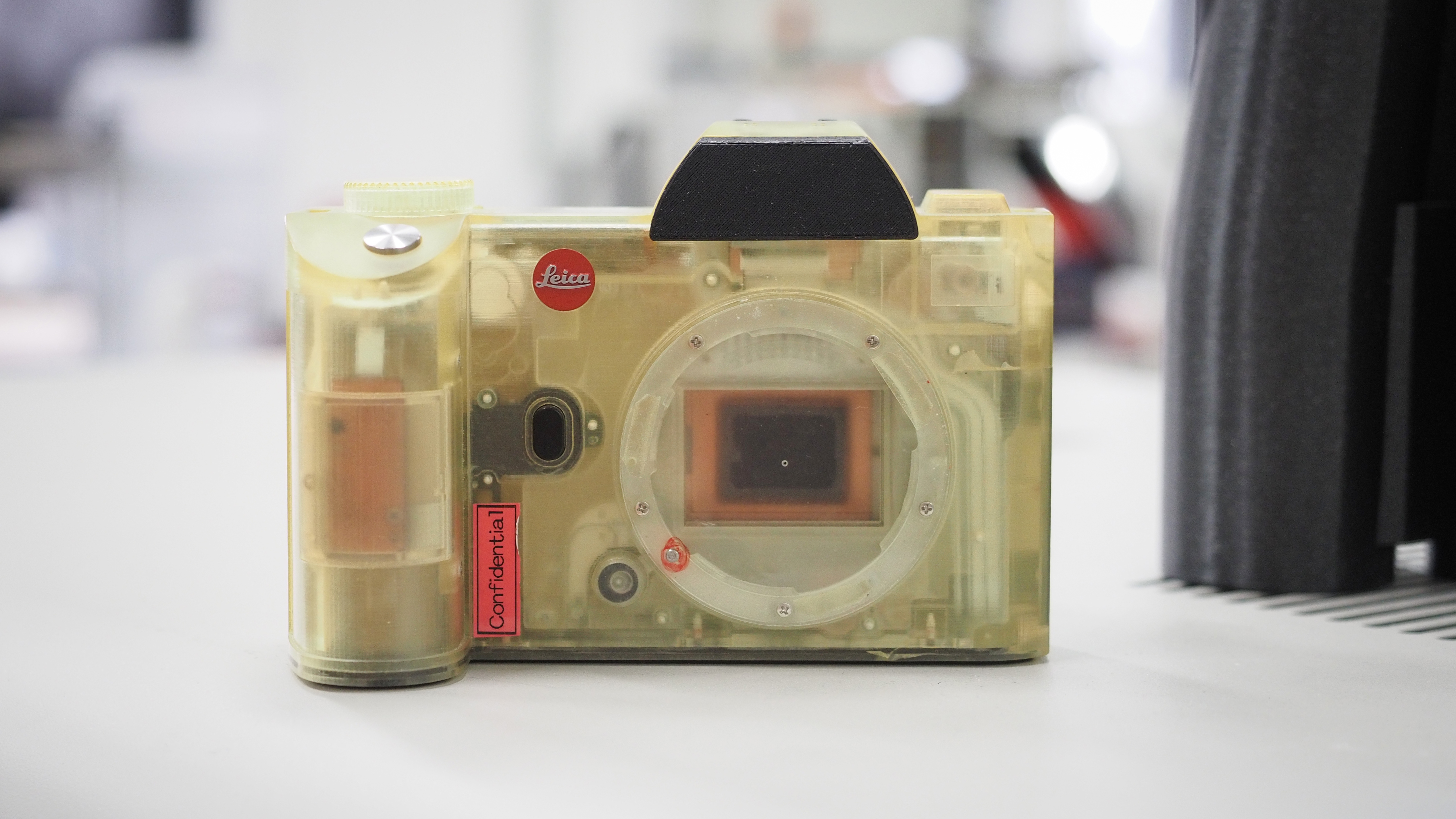
We're in the ho-ho-home straight, but the camera rumors are as hot at the end of 2025 as they were during the sweltering summer months. In fact, Christmas has come early in many ways – this year they've proced more accurate than ever!
A whole bunch of what seemed like pie-in-the-sky camera rumors have turned into actual products on shelves, whether it's tradition-breaking bodies like the Leica M EV1, mold-shattering compact cameras like the Fujifilm X Half, or long-rumored cinema cameras like the Canon EOS C50 and Nikon ZR. Not to mention the absolute guns-blazing hybrid that is the Canon EOS R6 Mark III.
As always, though, the internet is gonna internet – which means there's a lot of junk out there! So while a lot of the smoke leads back to a burning fire of fact, there's plenty of plain ol' hot air. Take most camera rumors with a good pinch of salt to be on the safe side!
Canon rumors 2025
Canon is always the subject of more camera rumors than any other manufacturer, in large part because it has been the most prolific photographic patenter for 41 consecutive years. And these patents are often the first clues we get as to what is coming in the next wave of cameras.
This year's Canon rumors have been dominated by videography and vlogging devices – and indeed, the company's three camera launches in 2025 have all been for video products: the Canon PowerShot V1 compact, the EOS R50 V vlogging camera and the EOS C50 cinema camera.
So what other Canon rumors can we expect to come to fruition in 2025?
Canon EOS R7 Mark II
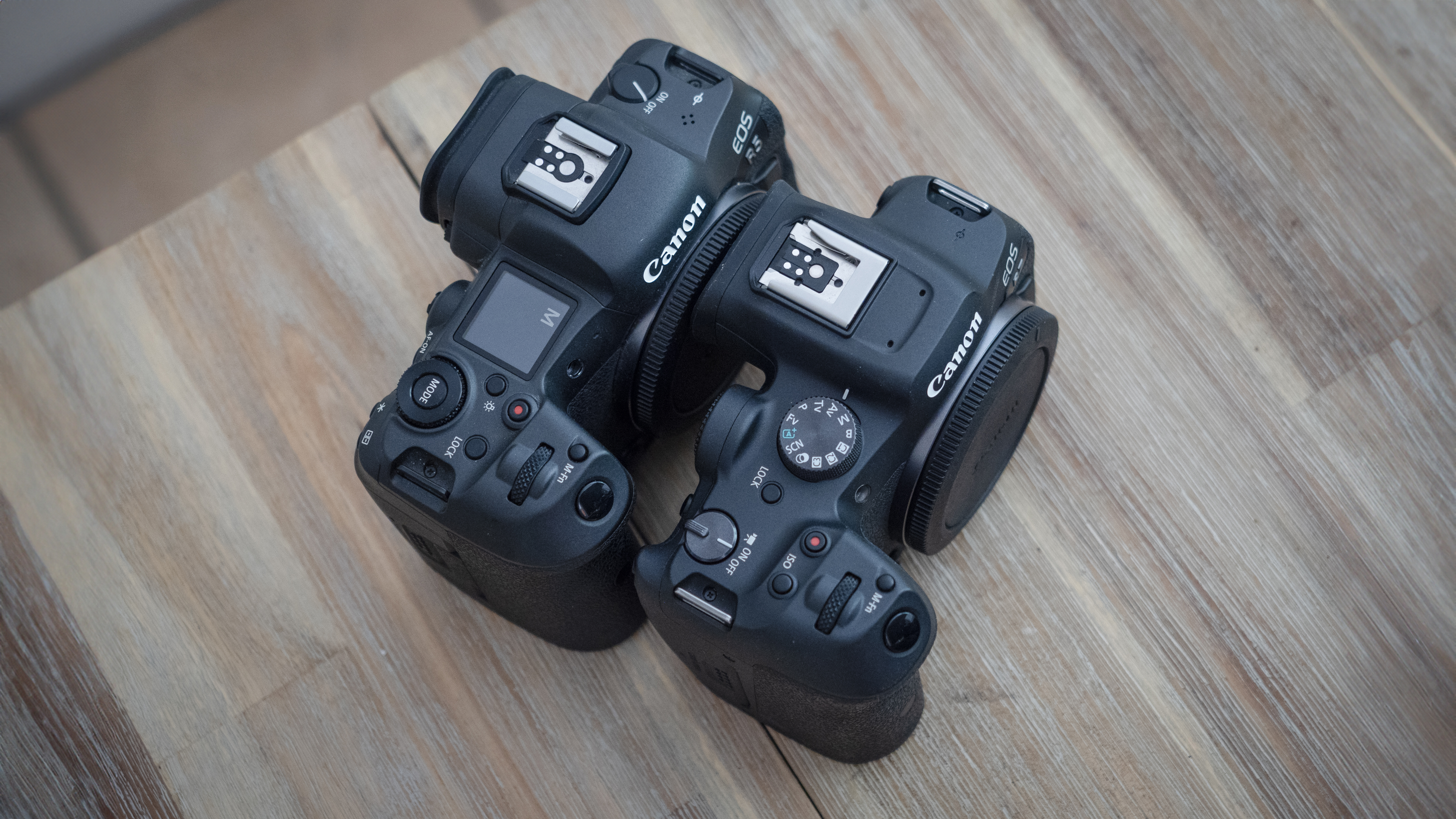
Another month, another round of "It's coming soon, honestly!" whispers around the water cooler. Still, one thing that's remained consistent is the chatter that this will be Canon's most powerful APS-C camera ever.
The best camera deals, reviews, product advice, and unmissable photography news, direct to your inbox!
From what I've heard, the Canon EOS R7 Mark II will be a lot like a "baby R5" – and not just in terms of its power, but also its size (no doubt because the extra processing power and circuitry requires both extra space and extra cooling accommodation).
There's been some variation on the supposed sensor resolution; initially it was said that the R7 Mark II would have a 40MP sensor capable of 8K video, but current noise is that we're looking at a new 33MP stacked sensor – which would achieve speeds of 40fps stills bursts and 4K 120p 10-bit with CLog-3.
I'm not sure what to make of this; 40MP / 8K certainly fits the "baby R5" mold better than 33MP / 4K, but the move to a stacked sensor feels more befitting of the 7-series product line. Either way, the consensus seems to be that the camera will be Canon's first EOS to dump the mechanical shutter.
There's talk of pre-continuous shooting and in-camera upscaling, using the neural network image processing. Again, I don't know how seriously to take this; Canon's neural net tech has so far been exclusive to the EOS R1 and R5 Mark II, and it feels like a big jump to bring that to an APS-C body.
But then again, there has been chatter that Canon intends to seriously "shake things up" with the R7 Mark II, so perhaps this kind of flagship firepower is exactly what's being referred to.
As for when it will finally appear, as best I can tell we're looking at early Q4. Perhaps alongside…
Canon EOS R8 V
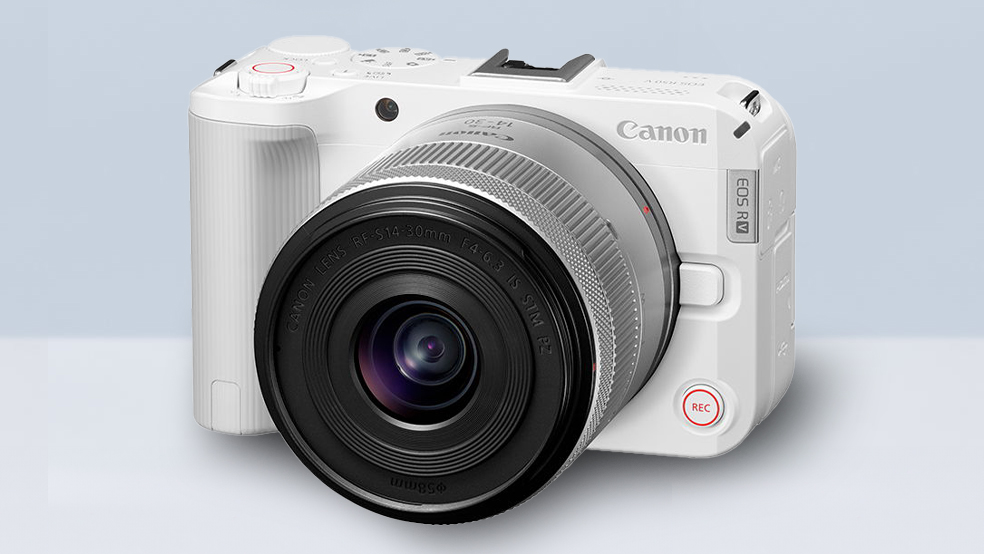
Following the launch of the Canon EOS R50 V – a sister version of the original EOS R50, but geared towards video – it's being whispered that Canon is working on further models in the "RV" line, including another model that's coming this year.
After initial suspicion that this could take the form of a successor to the Canon EOS R7 (whose follow-up is said to be highly disruptive), it's now being rumored that the next RV camera will be a full-frame body: a sister model to the Canon EOS R8.
This, it seems, will be the V Series' flagship camera, bridging the existing gap between the APS-C R50 V and the full-fledged Cinema EOS line – giving aspiring, existing and experienced creators a whole range of choices before they graduate to cinema cameras.
Built around the same 24.2MP sensor as the R8 (and R6 Mark II), the EOS R8 V is said to be capable of uncropped 4K 60p (oversampled from 6K) and 4K 120p with a 1.2x crop, with CLog 3, 10-bit 4:2:2 (H.265) and 4-channel 24-bit audio.
With a rumored price tag of $1,799 for the body, and $1,999 with a kit lens, this could be a seriously competitive camera in the creator space.
Canon PowerShot V3

With the PowerShot V1 (above) having launched in Asia, there are already rumblings about the next member of the V-series family.
Where the V1 is clearly Canon's vlogging and videography-oriented compact camera, it sounds like the Canon PowerShot V3 will be the model aimed at photographers.
From what I hear, the camera will have the same 1.4-inch sensor as the V1, but will ditch the 16-50mm content creator zoom range in favor of a 20x zoom range that might top out at around 500mm – perfect for stills shooters.
If it retains the V1's 30fps burst shooting, I think this could be a serious seller in 2025 and beyond.
Canon RE-1
After months upon months of whispers, I've finally heard something a bit more concrete about Canon's much-rumored retro EOS R camera, which I've been referring to as the Canon RE-1 – based on the fact that everything points to it being a mirrorless update of the iconic Canon AE-1 film camera.
In fact, the latest rumblings are that we might see it announced this year ahead of a launch in 2026 – which would mark the 50th anniversary of the AE-1.
It seems that Canon is taking the same tack as the Big N did with the Nikon Zf; rather than the RE-1 being a high-spec technological marvel, Canon seems to be basing it off a mid-range camera like the Canon EOS R6 Mark II, with a 24MP sensor and a focus on photographic rather than video features.
Obviously Canon is playing a bit of catch-up, with Nikon, Fujifilm and OM System already making some of the best retro cameras. I'm really hoping that Canon goes the extra mile and does something like sign a deal with Kodak for its own exclusive film simulations – and of course, I really want to see some vintage-style lenses to go with a vintage-style camera!
Canon 3D VR Camera
I had a chance to talk to Canon about its prototype 360° / 180° 3D VR Camera. It's clear Canon is really doubling down on virtual reality, having introduced the Canon RF 5.2mm f/2.8L Dual Fisheye lens a couple of years ago and with a pair of APS-C 3D / VR stereoscopic lenses on the way as well.
This new camera, which physically looks like a mashup of the Dual FIsheye and the Canon PowerShot V10, combines all the tech in one: 360° / 180° 3D VR 8K capture, along with VR live streaming.
While this wasn't something Canon said to me, I've heard that the camera has a target price of under $1,000 (about £820 / AU$1,590). This is definitely something to keep an eye (or even a Dual Fisheye) on…
Canon Posture Fit
Back in 2021 Canon introduced us to Posture Fit: a concept camera that looks like a Pixar character and sits on your desk, where it keeps an eye on how you're sitting using a wide-angle lens and skeletal mapping. When it spots you starting to slouch, it flashes and wobbles and beeps on your desk to tell you to straighten up – and it'll even remind you to get up and move around, if you've been sitting too long.
After falling off the radar ever since, recently a patent was filed in Japan describing a Posture Fit that could monitor multiple subjects in its field of view – not just the person sat at the desk in front of it. Again, it's not a photographic camera (so it can't be used for spying or surveillance) but it's a very clever lifestyle device that anyone who sits in front of a computer will surely benefit from.
Canon EOS R3 Mark II
The R3 sits in a strange position in Canon's lineup, now that the R1 is here. Once the placeholder product until an official flagship was announced, some feel that it's a lame duck given that the actual flagship outclasses it in every way.
However, many of the innovations of the R3 made their way into the R1 (and indeed the R5 Mark II). Does the R3, then, become the technology launchpad of the EOS R family? The camera that debuts the latest tech, before it is further refined for the tentpole products?
I can certainly see sense in that. The Canon EOS R3 Mark II could, for example, be where the company debuts its first global shutter sensor – testing the waters with the sensor tech (which, it should be remembered, does come with a number of compromises) before doubling down on it in the R1 Mark II. Indeed, there are rumors that Canon is ready to launch a camera with a global shutter sensor.
At the same time, though, it could equally be that there is no further need for the R3. With the original camera now being three years old, the next few months are going to be very interesting…
More camera rumors: Nikon rumors • Sony rumors • Olympus rumors • Fuji rumors • Panasonic rumors • Hasselblad rumors • Leica rumors • Ricoh & Pentax rumors • GoPro rumors

James has 25 years experience as a journalist, serving as the head of Digital Camera World for 7 of them. He started working in the photography industry in 2014, product testing and shooting ad campaigns for Olympus, as well as clients like Aston Martin Racing, Elinchrom and L'Oréal. An Olympus / OM System, Canon and Hasselblad shooter, he has a wealth of knowledge on cameras of all makes – and he loves instant cameras, too.
You must confirm your public display name before commenting
Please logout and then login again, you will then be prompted to enter your display name.
